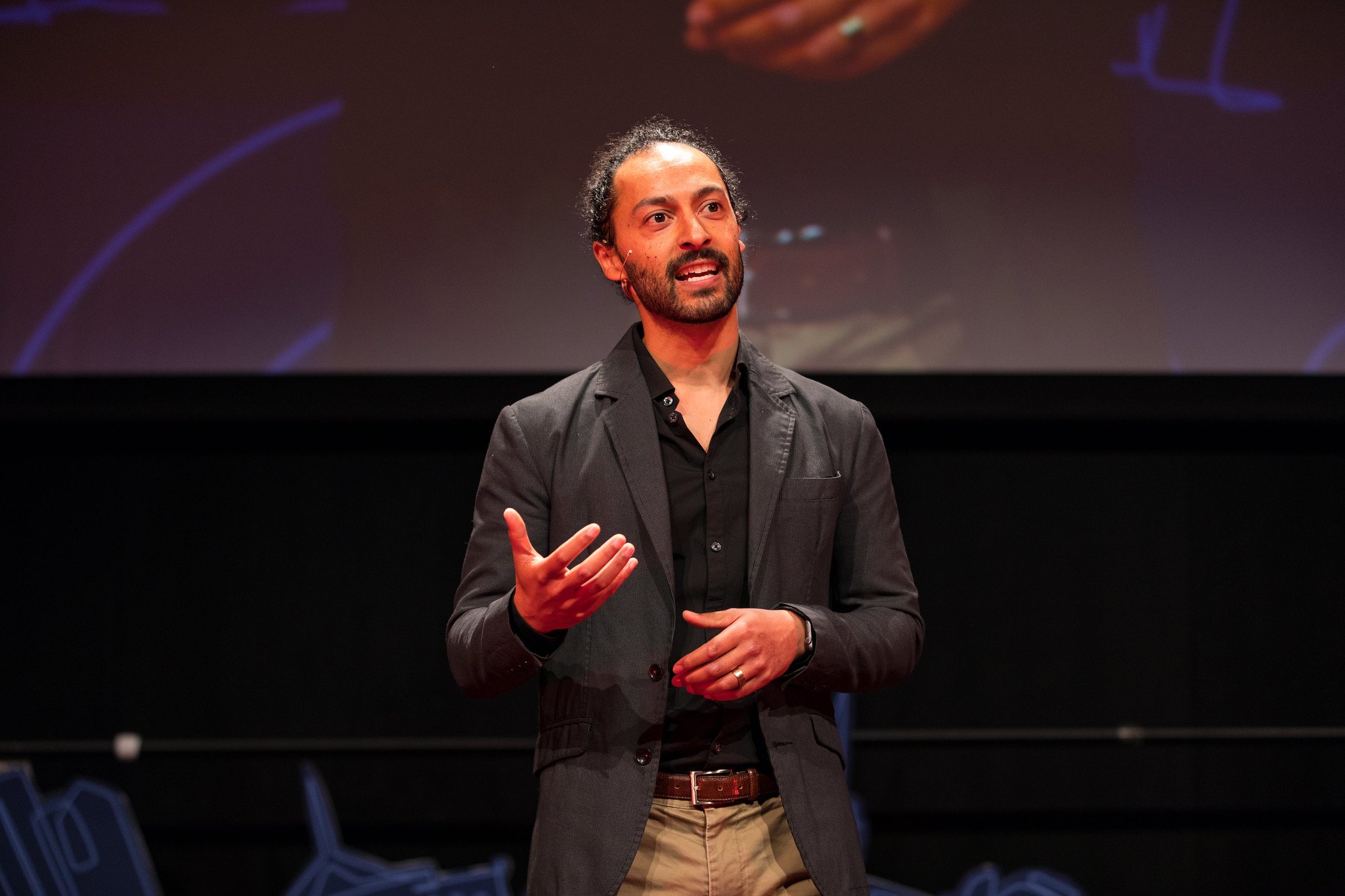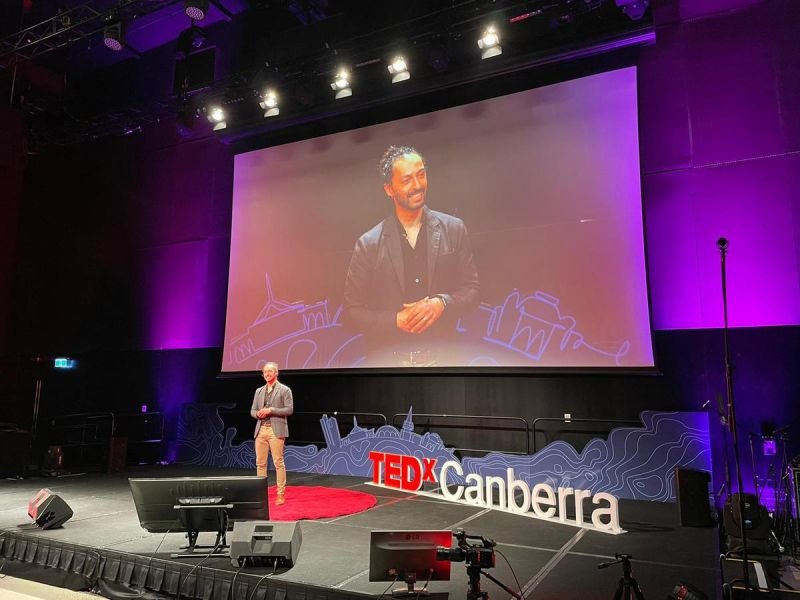How To “Self-Regulate” Your Way To Speaking Success – Lessons From TEDx Canberra’s 2022 Flagship Event - IMPACT
Do you have a fear of public speaking?
Have you ever needed to engage in public speaking – perhaps for a work event, a wedding, a friend’s birthday or something else?
Do you anticipate that the day may come when you are asked to give a speech, but you are secretly hoping it will never happen?
Fear of public speaking is one of the most common fears.
And, like many, I have felt its crippling effects when I’m on stage.
But, I’m happy to report…
I’ve developed strategies and found ways to self-regulate and overcome the fear.
And in October 2022, I successfully spoke at TEDx Canberra’s 2022 flagship event “IMPACT”.
Perhaps you have a desire to one day speak on the TEDx stage or similar…
Below are some of the key strategies that I adopted to help me achieve speaking success.
1. Get clarity on your audience
One aspect that creates fear is not knowing who you are speaking in front of, so spend time getting to know your audience. You might engage in an empathy mapping strategy to visualise a potential audience member – what do they think? Feel? Do?
2. Get a Coach or Mentor (someone with experience speaking)
You don’t have to engage in the preparation process alone. It’s as Einstein famously said “we can’t solve problems with the same thinking we used when we created them”, so having a coach allows you to get outside of your head and draw on an alternative perspective.
3. Follow your gut
Coaches are great, but don’t forget to follow your gut! I was told not to “script”, a writing process that I use to clarify my ideas – the argument being that a TED style talk requires a greater design process. I understood the argument as scripting implies writing a script and reading from it, but actually my version of ‘scripting’ was much looser – it was simply writing my ideas and thinking, with an effort to get it out of my head and into a tangible space to manipulate.
I originally surrendered to the process and avoided scripting, but was finding that I was struggling to gain clarity in my ideas… yet, I wanted to be true to the process. However, less than two weeks out from the main event, I decided to use my version of scripting and it was the game-changer in my progress.
My tip: Be open to learning BUT find alignment between new learning and your own processes. No one knows you better than YOU.
4. Turn nervous energy into excitement
As the event neared, I noticed my nervous energy increase.
I started looking into strategies that would help alleviate it and the one that worked for me was a simple reframe of nervous energy as excitement. By simply telling myself that it was not nervousness, but excitement, it shifted the way I entered into the talk itself. It was less fear and more fun!
5. Rehearse, rehearse, rehearse
I CANNOT STRESS THIS ONE ENOUGH – Rehearsing in front of different groups of people (e.g., my wife, my in-laws, and the TEDx core team) was an important part of building my confidence with my message and my audience.
Through the different responses, I gained feedback about how the ideas were landing, and that gave me confidence that people were resonating with my idea.
Shyam Barr, PhD
Listen to the Educate to Self-Regulate Podcast
For insights into leadership, teaching, and learning - Subscribe to my weekly newsletter or connect with me on Twitter, LinkedIn, Instagram, or Facebook
To learn how I might partner with your school or organisation - visit the website and book a discovery call
Check out my current research (in my role as Assistant Professor of Learning Sciences, University of Canberra)


